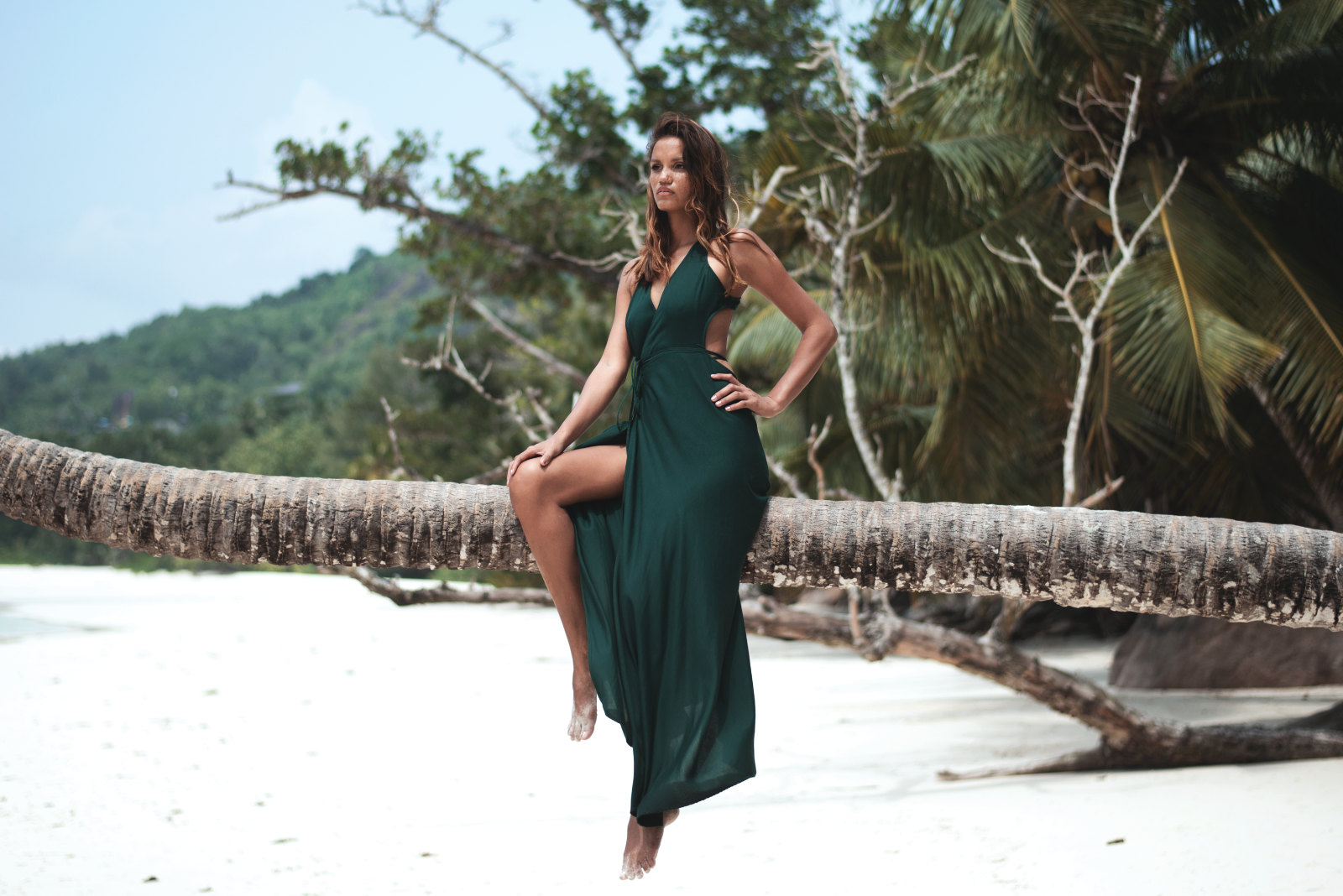
FASHION Cass, an eco-fashion label founded by French-born designer Eléonore Cass in 2017, has already earned an international reputation with its bold colours and strong ethics. She speaks to Jack Yan
From issue 40 of Lucire and the March 2019 issue of Lucire KSA
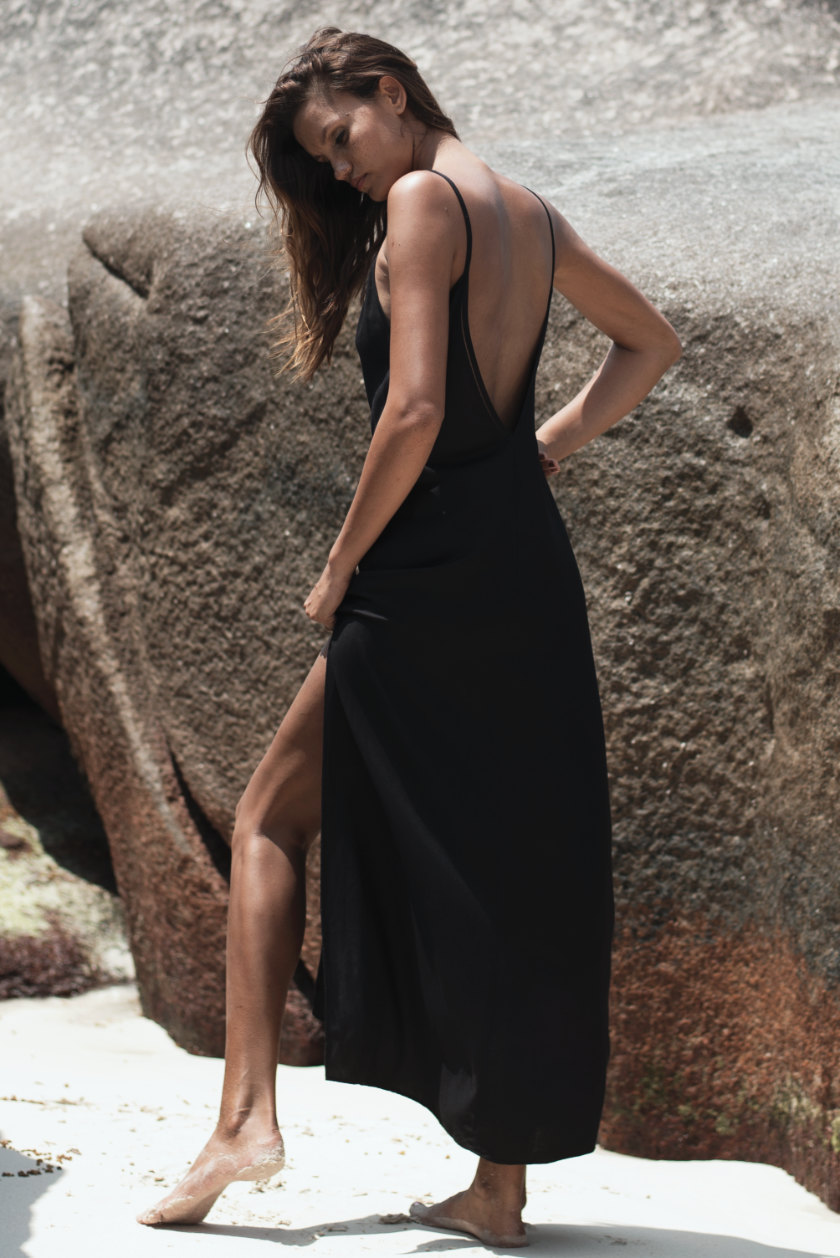
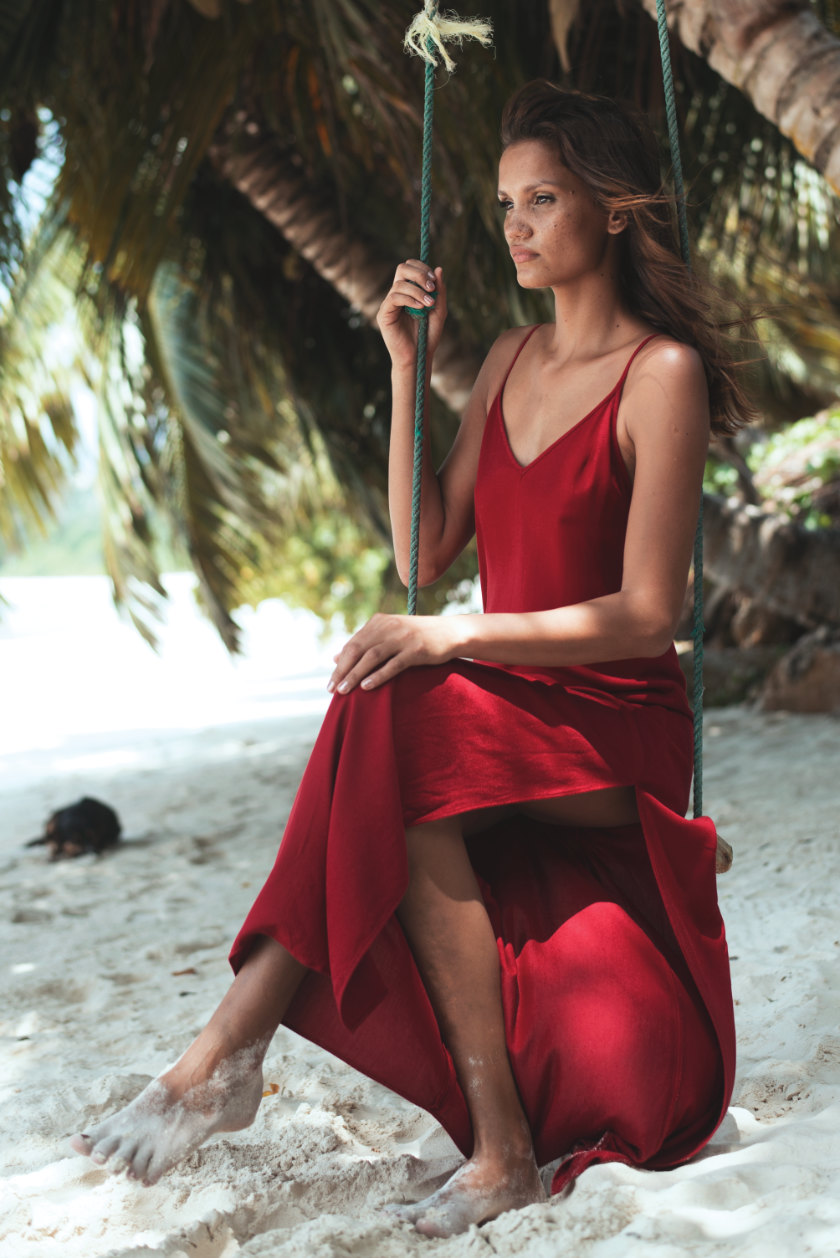
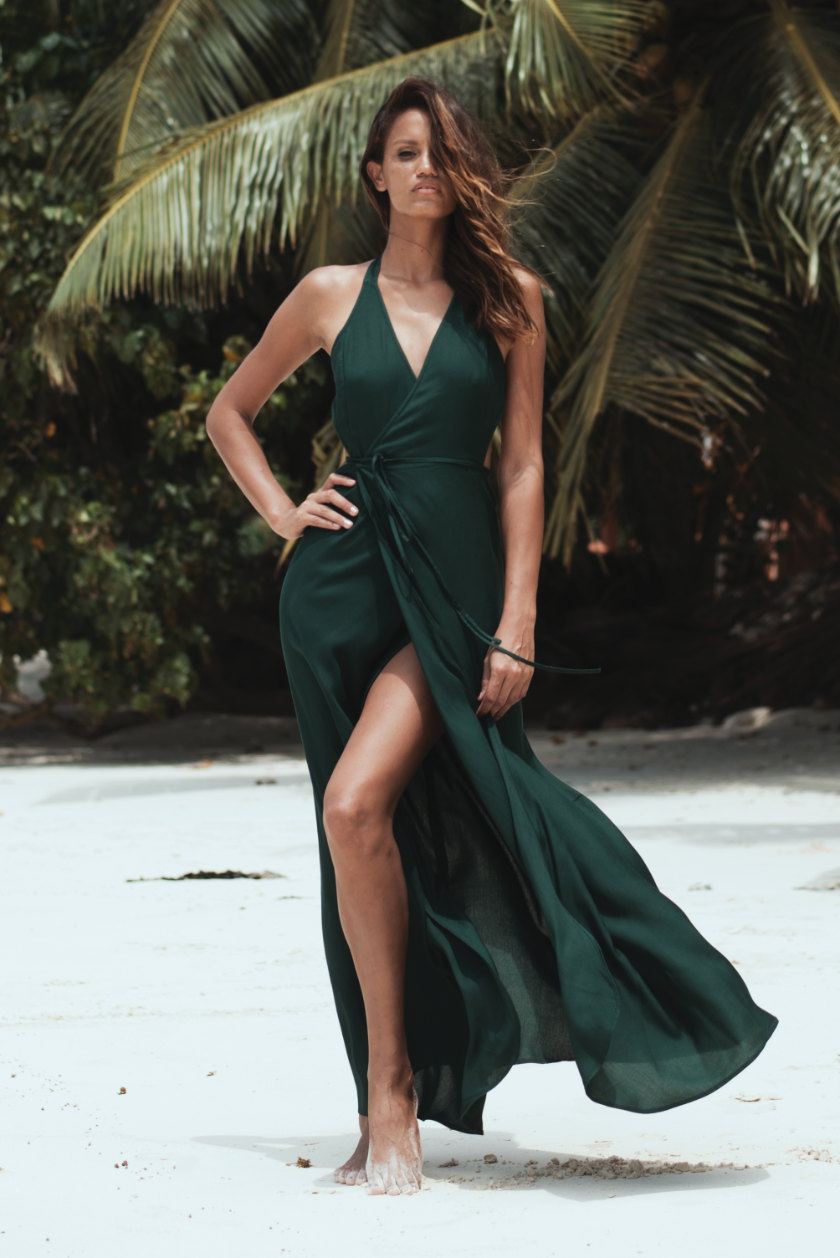 Cass shows that eco-fashion can be colourful—and the label goes one step further when it comes to transparency
Cass shows that eco-fashion can be colourful—and the label goes one step further when it comes to transparency
There are many fashion labels calling themselves ‘eco’ these days, so much that it can be hard to differentiate them. However, Cass, founded in 2017 by Eléonore Cass, not only has timeless designs, its high ethical standard applies to every stage of the design and manufacturing process, and it goes as far as detailing not just the location of the manufacturer, but the name of the tailor who made the garment.
It’s transparency and personalization at a new level in fashion manufacture, and the reasons become apparent when you learn more about designer Eléonore Cass.
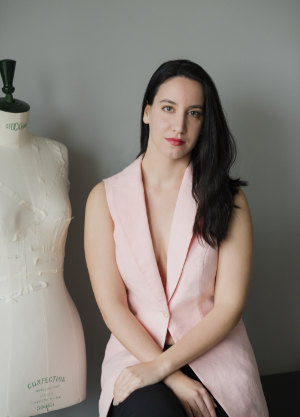
Hailing from Paris, multilingual and well travelled—she had been to India many times growing up—Cass discovered yoga in 2015 and decided to study it further. Heading to India, after six months, she made the decision to stay in New Delhi. At that point, she began actively researching fabrics and manufacturers to start her ethical fashion project.
‘India definitely has a completely different vibe, and in many ways, I truly felt like my whole life was coming together at that moment, that I was meant to be there. I embarked upon the spiritual journey of yoga, just before I started Cass and it has definitely helped guide me. However, maintaining a “flow” while building a start-up is not easy, and there have been and still are many challenges, but when you love what you do, you make it work no matter where you are.’
Among those challenges were finding materials that would meet her criteria. The aim was to ensure they were of natural origin, recyclable, biodegradable or compostable. They had to be certified organic, and processed either with no chemicals or very few chemicals. Low-impact dyes were also a requirement.
‘They are two very different concepts. I would say that finding vegan materials today is very easy, actually 60 per cent of fabrics used worldwide for textiles are synthetic fabrics (made from oil—such as polyester) but they are very unsustainable. So that means moving towards using only plant-based, natural fabrics and they are not all created equally.
‘I focused on sourcing fabrics made from plants requiring a lot less water and pesticides than average, while also choosing only renewable resources such as bamboo, lotus stems, hemp, linen and some organic cotton. Another factor that I consider is if the fabrics are made under ethical conditions—most retailers and manufacturers will never fully research or reveal this information. Then, there is also the problem of starting out with needing very small quantities. It took more than a year of research to find the fabrics for my first collection that matched all of these criteria.’
Then there was the task of finding suitable manufacturers and tailors who would meet a high ethical standard, rather than ones that tried to lower costs at the expense of the living standards of their employees. Cass began with ‘normal-sized factories’ in India, each with hundreds of employees, but quickly realized they would not have what she sought.
‘I was very clear about the idea that I wanted tailor-made clothes, which means one person sews an entire garment. Is it difficult to find, as this requires skilled people who understand complex stitching and pattern-making.
‘Most clothes are made on assembly lines where each worker repeats the same task over and over again. Of course, the main priorities were also that the employees worked in good conditions, were paid living wages and were full-time employees with benefits and safety standards, rather than being paid by the day, which is more common.
‘I realized that I needed to find small ateliers, which would also be better suited to producing small-batch collections. It took me quite a while to find the right place, but I finally did in Jaipur, in a very cosy and clean house transformed into an atelier and founded by a lovely couple. They had 15 full-time staff (eight women and seven men) and met all of my expectations and more. It is incredible to work in a place with a small team where everyone knows each other and is happy to be working together.’
Cass said she was initially ‘embarrassed’ to ask if the individual tailors would mind having their name on the garments they sewed. ‘I know it is not a common practice and they had never experienced that before.
‘But when I asked, they happily agreed and were genuinely shocked that someone wanted to give them credit for their work.’
It personalizes the fashion experience, and reminds us that a great deal of the industry is made up of manual labour. ‘We still have not created machines to make our T-shirts. Each garment is made by a set of complex tasks always performed by a person, and yet, we completely forget about them: who are they, where do they work, and under what conditions? These questions were what drove me to start Cass and try to change this. I even noticed that when they work on our garments, they now take even greater care and are really proud of what they create. When you value people, they give their best, so it’s really a win–win situation.’
As a new label that is seasonless, Cass’s aim is to make sure her range is balanced, with small collections of tops, bottoms, dresses and other items that can be layered and combined with what customers already have. She also wants wearers to be able to dress up or down readily.
One thing that some eco-labels don’t manage are bold colours, something that Cass does offer, as well as a wider range of materials.
‘The challenge is that right now there are a lot of eco-brands, and you can easily find basic clothing in the simple colours of grey, black, and white. So I really strive to offer more than that. I always ask myself, “Will I still want to wear that in 10 years?” But it doesn’t have to be common and boring for the answer to be ‘Yes!’ I like intense colours and so I balance them out with minimalist cuts, impeccable and flattering fits, intricate but delicate details, a hint of sexiness, and the highest quality to be sure they will last in someone’s closet for many years to come.’
She will also add tailoring pieces to her next collection, as she sees these missing from the eco segment.
The hardest task was tracking every stage of the value chain, to make sure that everything from sourcing to tailoring and packaging was done ethically and sustainably. Cass said she found it complicated to locate suppliers who would let her make personal visits, take photos and confirm their claims. ‘Most of the suppliers I had met refused to allow it, even people claiming to manufacture ethical garments and fabrics. But once I found the right people, I had full access. Since I was living in the same country, I could come and go in order to check how the cotton was processed or knitted, how the fabric was dyed, cut, stitched, etc. I was always there, at every stage. I can’t understand why big brands fail to monitor their activities. It … requires a bit of organization and committing the resources to it!’
Two years in to running her label, Cass now works both in India and Europe, travelling between the two continents and looking to expand on both. Her aim is to open more people’s eyes about ethics and sustainability. ‘By being so stubborn about seeing everything with my own eyes and asking all the hard questions, some manufacturers now realize that they need to become more transparent and open about their activities. I can see it is progressing.
‘For example, in the Jaipur atelier, they are now a lot more careful about using plastic bags. Usually brands require each garment to be put into a separate single-use plastic bag for transport, which I have banned for my own collections. So they now put as many garments as possible in each bag to drastically cut back on the amount of plastic they use. It seems like a small act but it does make a huge difference over the years,’ she says.
From her bases in India and in Europe, Cass is punching well above her weight—a label whose message is spreading quickly around the world, tapping right into the Zeitgeist of the late 2010s. •
Related articles hand-picked by our editors
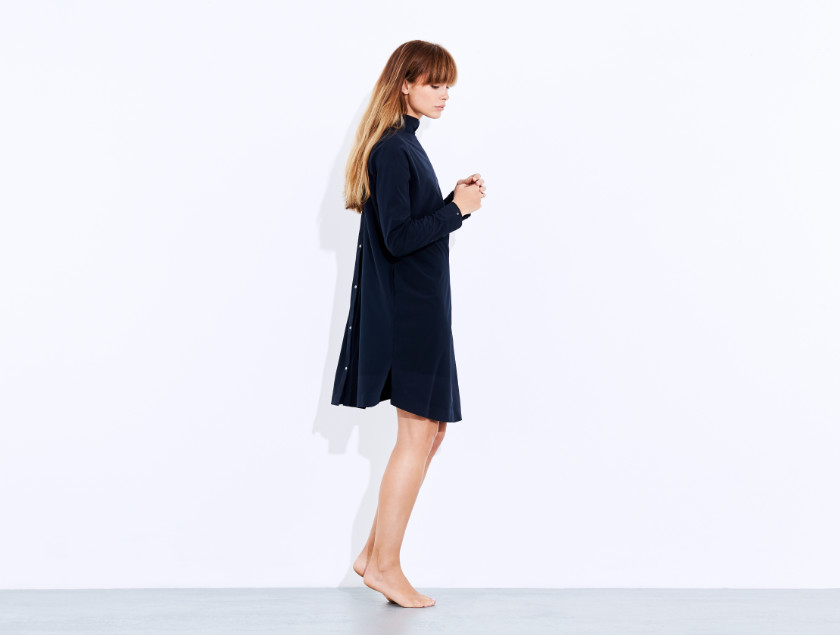
Future perfect
New York’s ADAY has quickly gained a reputation in sustainable fashion circles, by offering not just stylish designs, but an optimistic outlook, writes Jack Yan
From the January 2019 issue of Lucire KSA
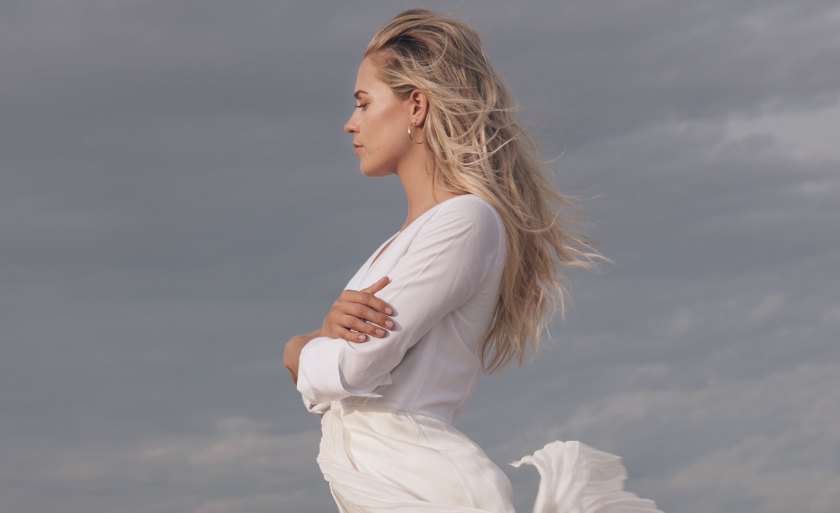
Q&A: Brooke Da Cruz on her new Kindred 2 collection
Brooke Da Cruz gives further insight into her latest ethical collection
Photographed by Esther Vis and Courtney Illfield
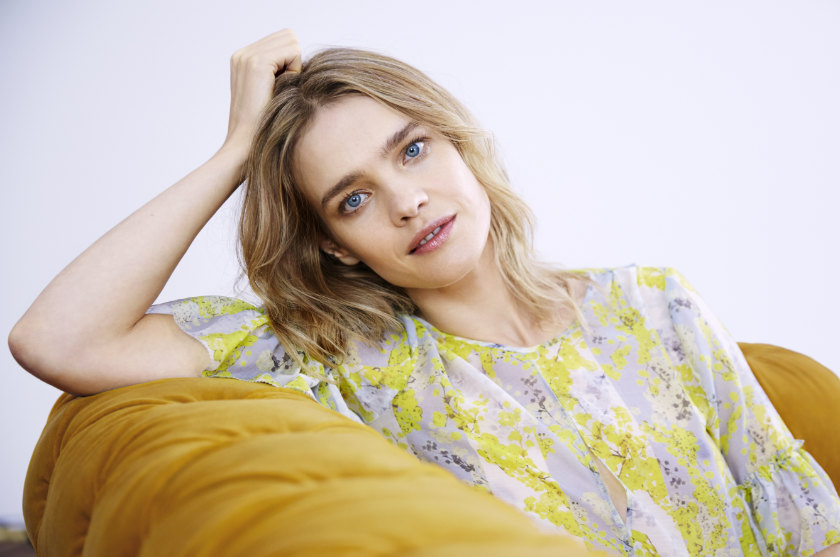
A Conscious decision
An article of our times—in fact, it’s from earlier this year in our print edition, and a New Zealand exclusive. Natalia Vodianova has been quietly going about her work as a model, while creating a charity and a donation app, but now she’s stepped into sustainable fashion as she models for H&M’s Conscious Exclusive collection. Jack Yan looks at the collaboration
From issue 37 of Lucire
Advertisement
Copyright ©1997–2022 by JY&A Media, part of Jack Yan & Associates. All rights reserved. JY&A terms and conditions and privacy policy apply to viewing this site. All prices in US dollars except where indicated. Contact us here.